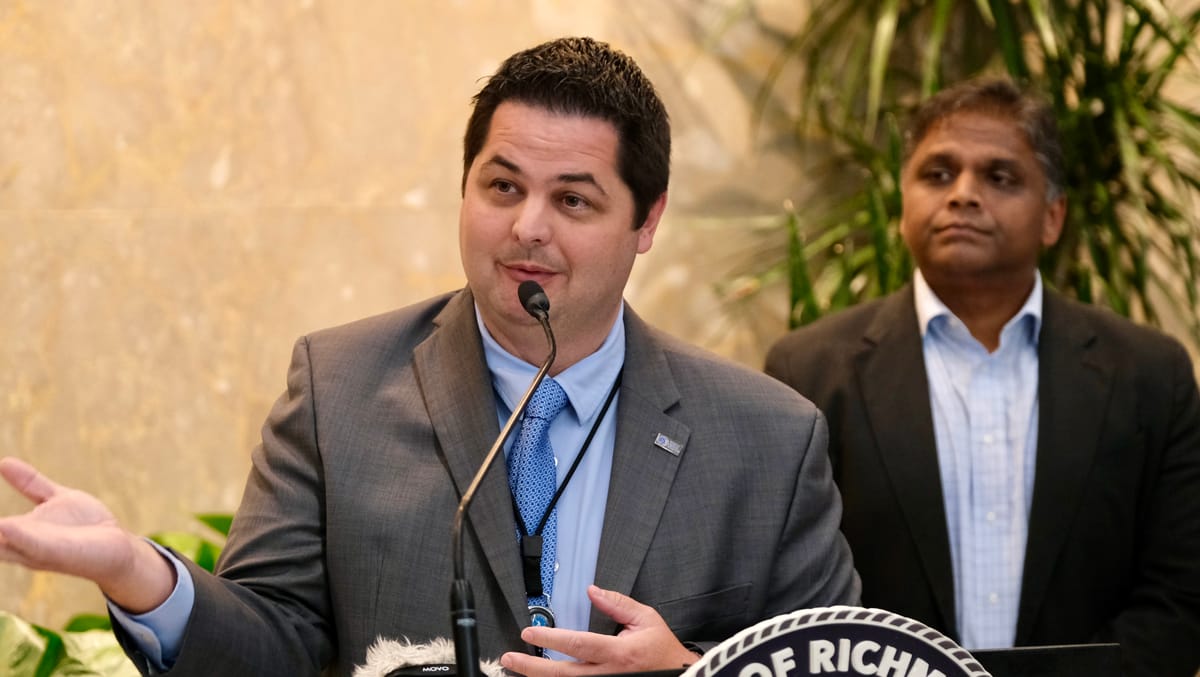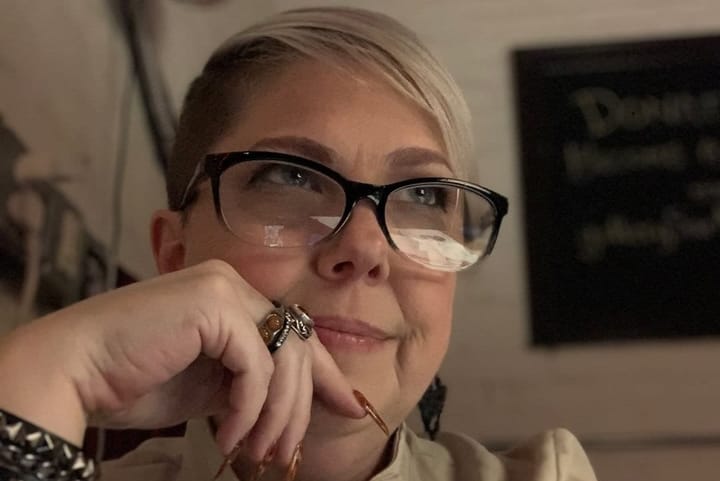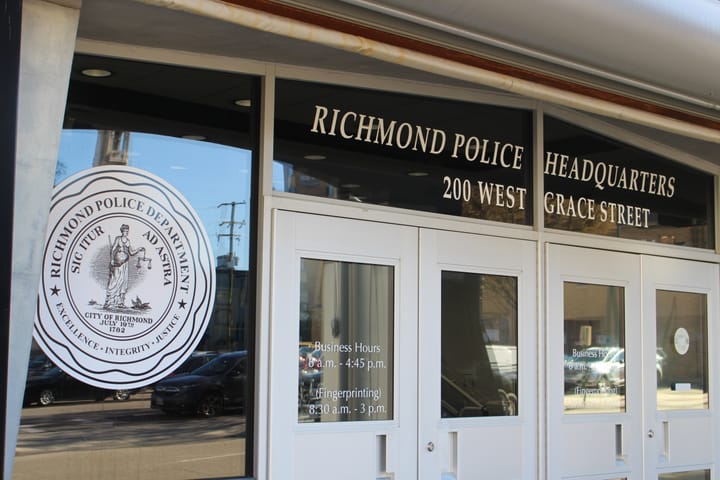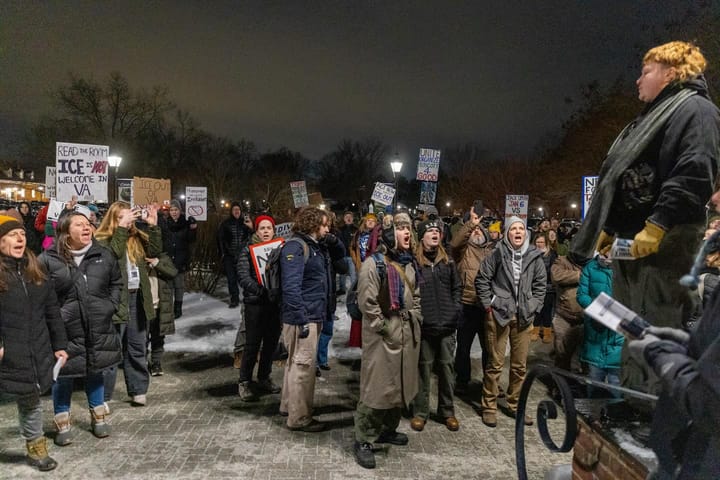Richmond officials say delayed maintenance was a factor in clogs at water plant

This story has been updated with new information.
Mayor Danny Avula said Thursday that maintenance issues at Richmond’s water treatment plant contributed to the filter clogging that caused this week’s boil water advisory.
City officials had previously pointed to unusually cloudy water from the James River as the cause of the clogging. At a news conference Thursday afternoon, they admitted for the first time that human error was also a factor.
Avula said the city’s initial assessment of what caused this week’s water problem showed “there were delayed maintenance activities in our sedimentation basins that led to the clogging of these filters.”
Department of Public Utilities Director Scott Morris said a work order had been submitted in mid-May to clean the plant’s plate settlers, a piece of equipment used to help remove solids from water. As part of the treatment process, a mineral called alum is used to help particles clump together in the water. But that chemical can also create “sludge” that needs to be periodically cleaned so it doesn’t release back into the water and clog filters.
“The basin in question here was not cleaned since March,” Morris said. “And so that is a prolonged period of time that would not be appropriate, in my opinion.”
The maintenance issue was first disclosed by WTVR on Wednesday, which reported the unfulfilled request to clean alum sludge off the plate settlers was dated May 12.
The city’s admission that mismanagement of the plant contributed to the problem came a few hours after officials announced that the water had cleared the two-step testing process to ensure it’s safe to drink. Passing those tests allowed city officials to lift the boil water advisory many city neighborhoods had been under since Tuesday.
Morris said DPU has changed the cleaning protocols at the plant to make the cleanings happen on a regular basis instead of doing it only when plant managers deem it necessary.
Under the current system, Morris said, when to clean the plate settlers is a “judgment call” by plant staff. Making it a regularly scheduled process, he said, removes the judgment call from the situation and makes clogging less likely to occur in the future.
Morris repeatedly declined to go into specifics about why the maintenance was not done, saying several times that he would not discuss DPU “personnel matters” in a public setting. He would not answer who made the judgment call not to clean the plate settlers, why the plant staff chose not to clean them and what, if any, discipline has occurred.
“I will hold the individuals accountable,” Morris said. “You can rest assured of that. But I will not discuss personnel matters.”
He also would not comment on whether recent staffing changes at the plant contributed to the situation. On May 12, longtime DPU employee Ricky Hatfield took over as the water plant superintendent, replacing former plant superintendent Doug Towne. Morris has also hired a new deputy DPU director, former state and federal water regulator Tony Singh, to work directly at the water plant.
“That’s a new change,” Morris said. “Never before have we had executive leadership from DPU housed right at the water treatment plant. His role in taking on that initiative is to go through and do routine inspection, routine investigations and try to improve the overall functionality and accountability of the water treatment plant.”
The Richmonder is powered by your donations. For just $9.99 a month, you can join the 1,000+ donors who are keeping quality local journalism alive in Richmond.
Though Avula and Morris said they are working on improving DPU and the water plant, both said they couldn’t guarantee no future problems would occur.
“Never will there ever be no incidents in the history of the city of Richmond,” Morris said. “That’s wishful thinking.”
Avula said he understands this week’s water trouble has been a “really challenging even on the tails of other challenging events with water.” But he said he remains committed to figuring out the root causes and addressing them.
“We are going through a period of pretty rapid change in terms of people, in terms of systems and processes,” Avula said. “And that is going to come up with some bumps in the road.”
Avula said he signed up to be mayor to try to “strengthen this local government and rebuild trust.”
“And that’s not going to be something that happens overnight,” the mayor said. “It’s something that is going to take probably years to build the right culture and to build the right systems and processes. And that’s not an excuse. It’s just a reality.”
Contact Reporter Graham Moomaw at gmoomaw@richmonder.org






